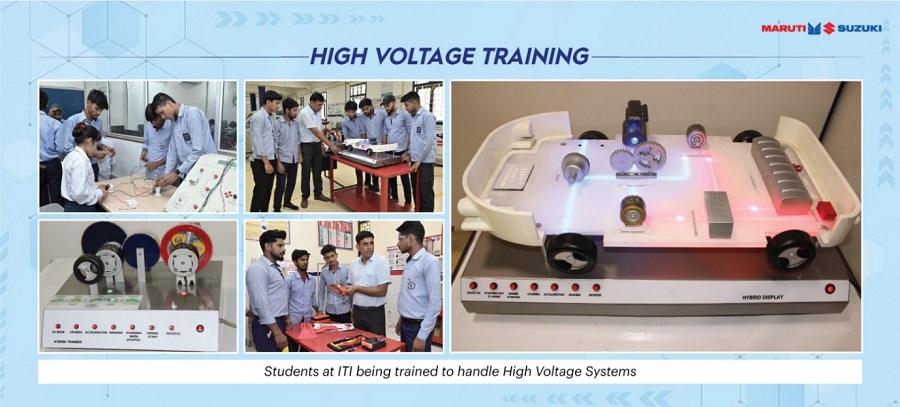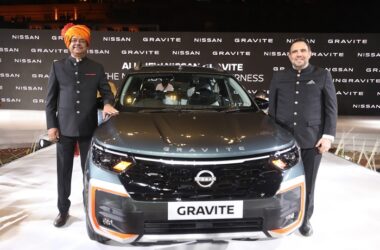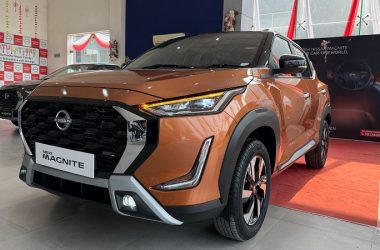India’s largest carmaker just sent a jolt of electricity through the nation’s technical education system—quite literally. In a bid to supercharge the future of electric mobility, Maruti Suzuki India Limited has launched a “High Voltage” training program across 130 Industrial Training Institutes (ITIs) in 24 States and 4 Union Territories. And no, this isn’t a course in rock music or yoga with shocking results—it’s all about preparing young India to safely tinker with tomorrow’s electric and hybrid vehicles.
As part of its Corporate Social Responsibility (CSR) initiative, the company has invested a spark-worthy INR 3.9 crore in this electrifying endeavour. The first batch of over 4,100 students is expected to graduate in September 2025—charged and ready to plug into the EV revolution.

“We want to maximize adoption of Battery Electric Vehicles (BEVs) in the country. When we researched the reasons for low adoption of EVs, one of the major hurdles in the minds of the customers was confidence in after-sales support. Incidentally, this is an area of strength for Maruti Suzuki. While 90% of EV sales happen in 100 cities, we will go 10x and cover 1,000 cities with more than 1,500 workshops equipped to provide service support to BEVs. The fundamental to good service is a trained technician. Our High Voltage training CSR program in about 130 ITIs of India will train more than 4,100 students every year. At the end of the course, these trained technicians are free to join Maruti Suzuki service network or any other OEM. Hence, this upskilling of students is strategic to BEV adoption in India. The high voltage training will be useful for Strong Hybrid cars also, and so there is a synergy between both technologies.”
— Rahul Bharti, Senior Executive Officer, Corporate Affairs, Maruti Suzuki India Limited
The training is designed for second-year ITI students and covers everything from EV fundamentals to handling high-voltage systems without becoming a human fuse. Maruti Suzuki is also conducting “train-the-trainer” modules for faculty, along with supplying specialized equipment and tools—ensuring that no student is left short-circuited when the real-world challenges arrive.
And in a refreshingly open-ended twist, Maruti won’t hold these freshly minted technicians hostage—graduates are free to join any OEM, making this initiative a rare case of automotive altruism in a fiercely competitive industry.
From shock to support, Maruti’s EV training program isn’t just about plugging gaps in education—it’s about plugging India into a cleaner, greener future. And come September, don’t be surprised if the next person fixing your electric car is a 20-year-old with volts of confidence and zero tolerance for bad wiring.







